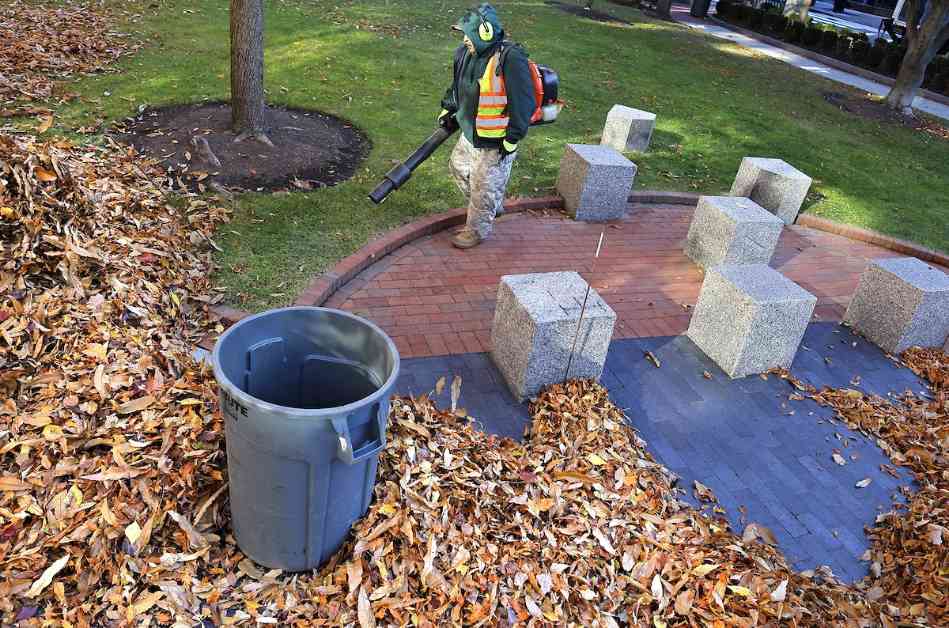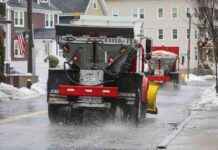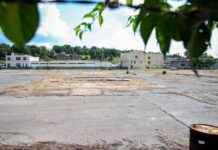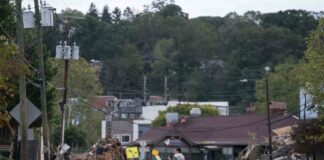Cambridge, Massachusetts has taken a significant step towards environmental protection by joining a growing number of cities that have banned the use of gas-powered leaf blowers. This move, aimed at promoting public health and reducing harmful emissions, came into effect recently. The ban, which was first passed in December 2023 as the Leaf Blower Ordinance, officially commenced on March 15, giving property owners sufficient time to transition to alternative equipment. Private use of gas leaf blowers is now prohibited, requiring residents to opt for electric or rechargeable battery-powered alternatives that adhere to the city’s sound level regulations to combat noise pollution.
Transitioning to Electric Leaf Blowers
Starting from March 15, 2026, the ban will expand to include the professional landscaping sector as well. To facilitate this transition, the city has compiled a list of businesses compliant with the new regulations, offering residents a greener choice for lawn care. While concerns have been raised regarding increased landscaping costs and reduced power output compared to gas models, experts emphasize the necessity of adapting to these changes. Keri Brown, co-owner of R&S Landscaping, noted that using electric leaf blowers may take longer to clear leaves, but viewed this shift as inevitable, stating, “It was going to happen, sooner or later.”
Some experts have suggested that residents may need to adjust their expectations for perfectly manicured lawns as the city moves towards electric leaf blowers. Catherine Brownlee, managing director of Landscape Collaborative, Inc., pointed out that maintaining the same garden aesthetic might require additional time and resources, leading to higher costs. Despite initial challenges, transitioning to electric equipment could offer long-term benefits, with lower fuel costs and reduced environmental impact.
Environmental Benefits
According to the government of Cambridge, the switch to electric or battery-powered leaf blowers is essential to reduce noise pollution, improve air quality, and protect the environment. Gas-powered blowers not only disrupt humans and wildlife with excessive noise but also pose risks to soil and plant health due to strong airflows and harmful emissions. The harmful effects of gas leaf blowers are substantial, with emissions from just one hour of use equivalent to driving a light-duty car for over a thousand miles, as reported by the California Air Resources Board (CARB).
Cambridge City Councilor Patricia Nolan expressed her support for the ban, emphasizing the need to prioritize environmental conservation and public health. She highlighted the detrimental impact of gas leaf blowers on wildlife, soil, plants, and overall safety, advocating for broader adoption of electric equipment. Cambridge joins a growing list of cities and states, including California, Montclair, New Jersey; Portland, Oregon; Burlington, Vermont; and others, in enacting bans on gas-powered landscaping tools to combat pollution and protect ecosystems.
In conclusion, the transition to electric leaf blowers represents a crucial step towards sustainable landscaping practices and environmental preservation. While challenges may arise during this shift, the long-term benefits of reduced emissions, noise pollution, and environmental harm far outweigh the initial costs. By embracing greener alternatives, cities like Cambridge set a positive example for promoting sustainability and safeguarding the planet for future generations.














